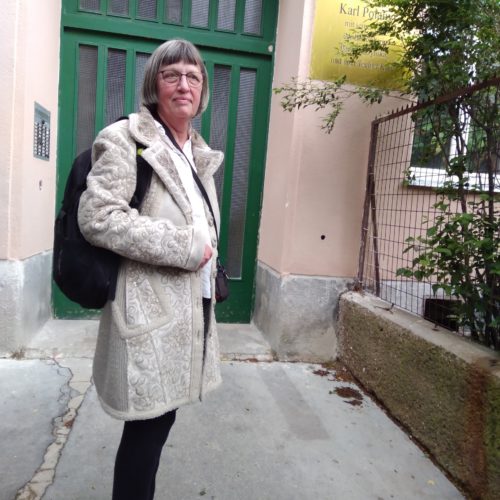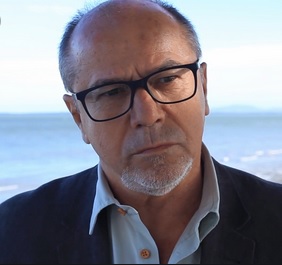Debate on the Crisis in Southern Europe
EU’s ordoliberalisation and the
crisis in Southern Europe
25th of June, 2020

Theodorus Papadopoulos
The eruption of sovereign-debt crisis in 2009-10 marked the beginning of a period of rapid and deep transformation in Southern European (SE) societies. Drastic fiscal consolidation measures and far-reaching reductions in salaries, pensions, social welfare rights and employment rights were imposed by a ‘Troika’ of unaccountable international and EU actors (European Commission, International Monetary Fund, European Central Bank) as conditions for so-called ‘bail-out’ loans. Consecutive loan disbursements were only released after more aggressive structural reforms promoting privatisation, deregulation and deeper marketization of domestic economies were agreed in advance. Attempts to implement similar reforms were made by successive SE governments prior to the sovereign debt crisis but were met with strenuous resistance from trade unions and society at large. In this context, the sovereign debt crisis provided a remarkable opportunity for SE politico-economic elites to accelerate the dis-embedding of domestic political economies, under the strict monitoring of the EC-IMF-ECB ‘Troika’. The socio-economic impact, thus far, has been devastating, socially and economically. Unemployment and poverty soared, economic growth shrunk to unprecedented levels for peacetime (nearly 25% GDP loss in Greece alone), suicides increased, thousands of homes were repossessed (especially in Spain) and thousands, mainly highly educated, young people left southern Europe in search of work abroad. This transformation accelerated deep changes in SE’s familistic mode of social reproduction, changes that were already underway prior to the crisis, partly due to the rapid rise of private debt. Indeed, the security pillars of SE welfare regimes – e.g. employment protection of family’s primary earner, protection of home ownership and small property and adequate pensions – are severely destabilized.
The political fallout of the proliferation of socio-economic insecurity was twofold. First, public trust towards domestic and EU political elites and institutions collapsed. Second, numerous political movements emerged – in a classic Polanyian ‘double movement’ pattern – with some pursuing socially progressive and others ultra-conservative political agendas. Still, despite the electoral success of non-traditional parties – SYRIZA (Greece), 5-star movement (Italy), Podemos (Spain) – changing the direction of economic policy proved impossible. The main reason lies in the parallel, directly related, ordoliberalisation of European politico-economic governance that accelerated over the same period (Papadopoulos and Roumpakis, 2018). Under the pretext of improving economic coordination in the EU policy areas previously under national governments’ jurisdiction – most notably wage and collective bargaining agreements – are now open to EU intervention. Further, under the provisions of the Fiscal Compact Treaty member states’ budgets are required to be either balanced or in surplus. The Treaty requires rules to have a permanent and, when possible, constitutional character while severe penalties await member states that will dare pursue a different economic agenda. As Dr Schäuble, ex-German Federal Finance Minister, and self-proclaimed ordoliberal, stated: “elections cannot be allowed to change an economic programme of a member state’ (Guardian, 2016). As long as the political and policy hegemony of such views remains unchallenged the centrifugal tendencies in Europe will continue unabated and the prospects for recovery in southern Europe will remain anemic.
References:
Papadopoulos, T., & Roumpakis, A. (2018). Rattling Europe’s ordoliberal ‘iron cage’: the contestation of austerity in Southern Europe. Critical Social Policy, 38(3), 505-526.
Guardian (2016) Yanis Varoufakis: Why we must save the EU. The Guardian, 5 April. Available at: https://www.theguardian.com/world/2016/apr/05/yanis-varoufakis-why-we-must-save-the-eu (accessed 29 June 2016).
Theodoros Papadopoulos
Department of Social and Policy Sciences,
University of Bath,
UK
Read the other essays on the Crisis in Southern Europe here:









